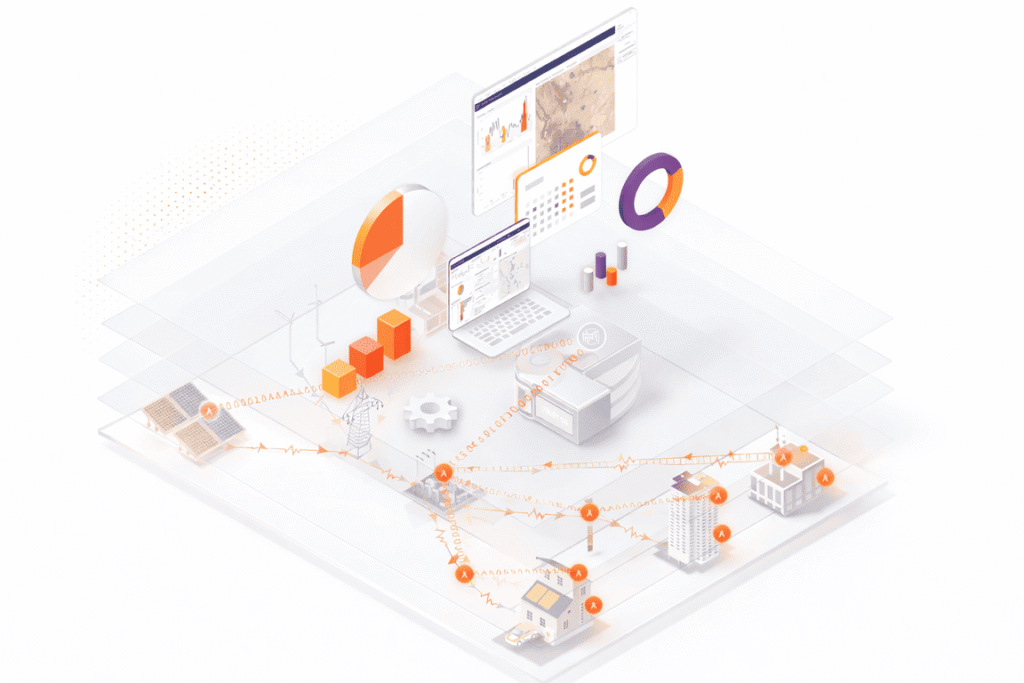In order to ensure that computer systems work in the way anticipated by business managers, regulatory agencies usually require a validation process be set in place. Ignoring this step might result in datum corruption, compromise to its integrity, risk for the company’s clients, and a lower level of trust.
Implementing Computer System Validation requires guidance and in-depth knowledge. If you’re wondering whether or not CSV is required for your company, what benefits you could get from it, and ways to handle such an operation, this blog will provide answers to all of those questions.
What Is CSV in Software?
Before getting into the meaning of what is csv validation, it’s crucial to understand how the Food & Drug Administration (FDA) and other regulatory bodies define computer systems. For starters, business managers need to broaden the scope of the term beyond a PC and the software suite installed on the device.
In software, CSV is perceived as a method that allows business managers to successfully complete the tasks a system was designed for, have control over user operations and their security, and be legally compliant.
The list of CSV activities usually consists of:
This is not a definite list of operations that fall under the term of Computer System Validation. The range of activities heavily depends on the company’s profile, scale, and the market where it operates.
Who Needs Computer System Validation?
Computer System Validation is more than a way to avoid profit loss and business risks. In certain instances, it can be life-saving.
That’s why CSV is an obligatory stage for some companies. Here’s the list of businesses that are legally enforced to conduct Computer System Validation.
Computer System Validation in the Pharma Industry
A pharma business manager needs to keep in mind that CSV is an industry standard accepted on the international level. In the US, the Food and Drug Administration is the main regulating and controlling body. It specifies computer system validation guidelines and monitors companies’ compliance with the norms.
For EU-based companies, validating the CSV software used by medical devices is a must as well. It is regulated and normed by the EudraLex Volume 4 — in particular, Annex 11 on Computerized Systems.
International healthcare protection organizations also keep a close eye on the process of Computer System Validation. This is monitored by the International Conference on Harmonization of Technical Requirements for Registration of Pharmaceuticals for Human Uses (IHC) and the World Health Organization.
The range of benefits CSV brings to the pharma industry is quite broad.
CSV improves the efficiency of handling unexpected complications as well as the overall performance of the system.
Namely, the benefits of CSV in the pharma industry go as follows:
Computer System Validation Process Checklist
As a rule, CSV is a multi-stage process.
It is built in a way that ensures there’s a quality check after each validation stage. Let’s take a look at the step-by-step breakdown of Computer System Validation.
These are the main steps of the computer system validation that would help testers get a reliable outlook on the hardware and software that has been assessed.
Computer System Validation Examples
To get a better understanding of which systems should be validated according to the law, let’s take a look at the FDA-backed list of computer system examples.
Computerized System Validation (CSV) with PFLB
At PFLB, we have created an automated CSV solution that pharmaceutical businesses and healthcare service providers will benefit from. After validating your computer systems, you will not have to worry about legal liabilities with GMP, Annex 11, ISO, and FDA regulations. Additionally, our medical system load testing can help you identify and resolve potential performance bottlenecks, ensuring that your systems can handle peak loads efficiently.
By reaching out to PFLB for computer system validation services, you will be able to:
A business manager can always count on our team of high-class lab information technologists — we will answer all of your questions, provide advice, and share best practices we’ve collected through years of working experience.
Conclusion
Computer System Validation is crucial for a healthcare company’s lifecycle as it is an integral part of your business’ legal compliance.
Other than being a standard requirement, it provides the entire team with a better understanding of the system and insights on ways to use it to the fullest extent.
Computer System Validation will only be fruitful if performed by a professional team. If you’re looking for a trusted team that will take care of all CSV aspects, contact PFLB. Take a look at our Computer System Validation services to get a better idea on how we can contribute to your project. To discuss a CSV project, contact the team — we look forward to a fruitful collaboration!



